Search
Research
Indigenous Capacity Building Grant (ICBG)This was a five year grant from the NHMRC to build research capacity in ten Aboriginal researchers
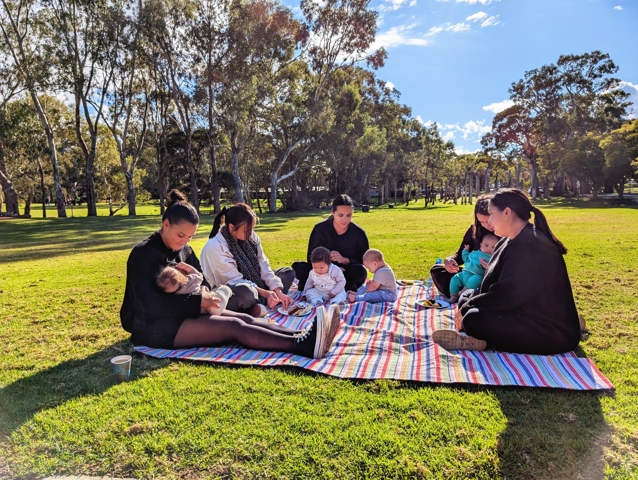
News & Events
Aboriginal women lead design of maternal and child healthcare modelA group of 19 Aboriginal women from South Australia, along with researchers from The Kids Research Institute Australia, have developed a culturally responsive, evidence-based model of care to support Aboriginal women with cardiometabolic complications in pregnancy in SA.
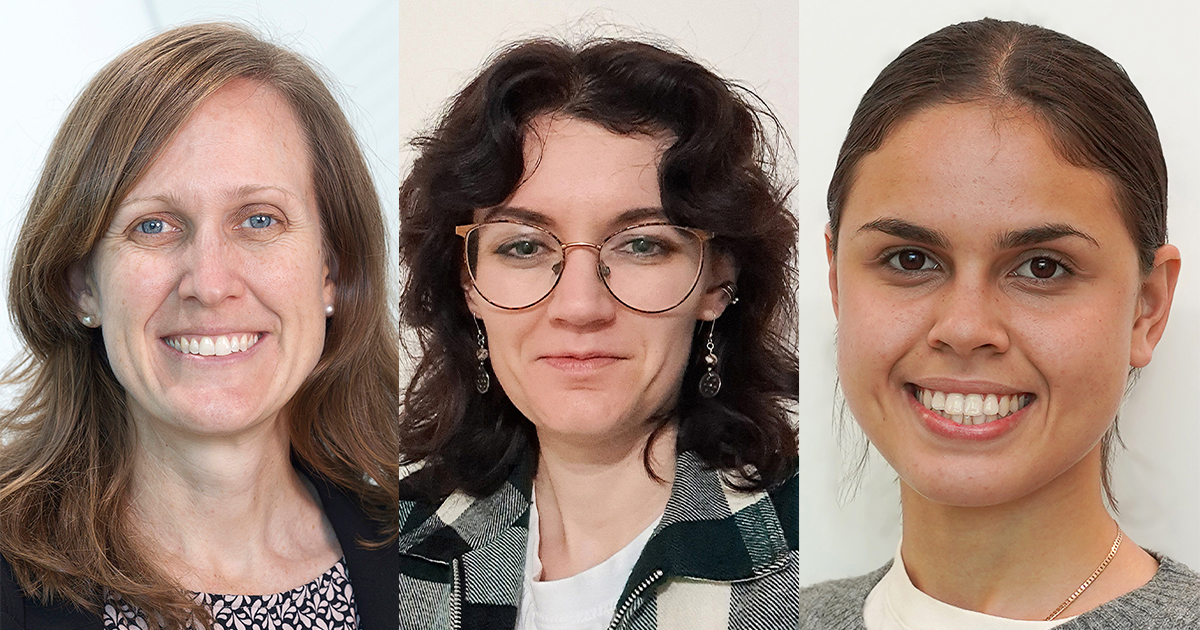
News & Events
Triple triumph for The Kids at 2025 Premier’s Science AwardsThree researchers from The Kids Research Institute Australia were recognised as being among Western Australia’s brightest and most innovative scientific minds at last night’s 24th Premier's Science Awards.
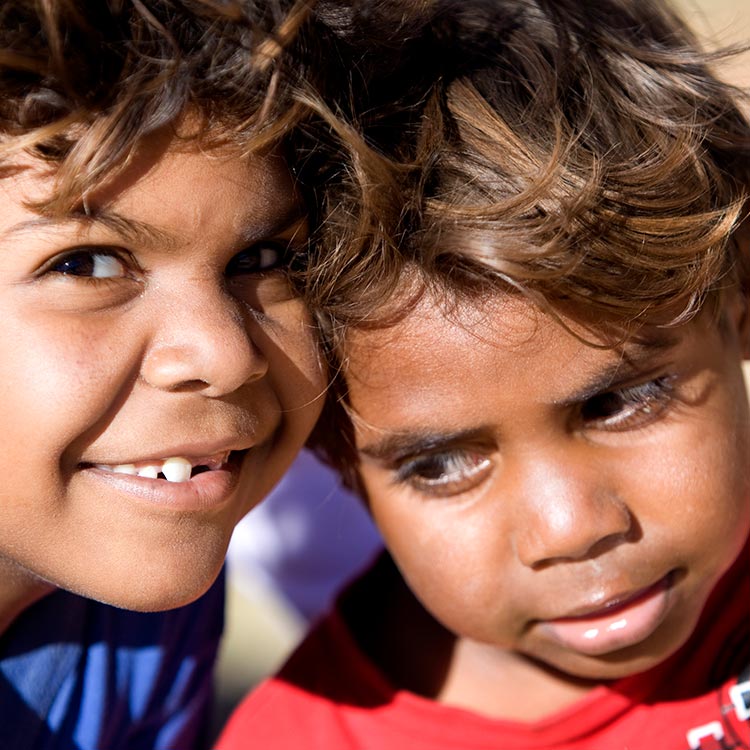
News & Events
Rich data to highlight crucial turning points for intervention to close the gap in Aboriginal healthA multi-disciplinary team of researchers will use more than 40 years of data to pinpoint crucial areas that could be “turning points” in development where intervention could contribute to closing the gap in Aboriginal health in Australia.
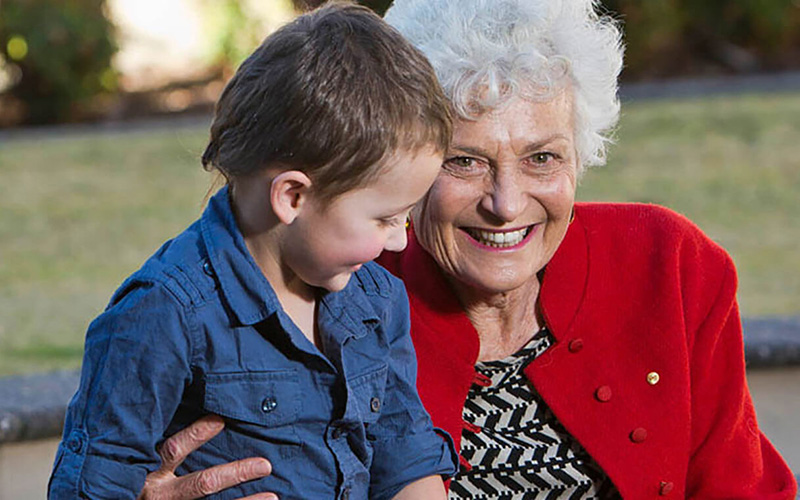
News & Events
OPINION: Fiona Stanley and Dan McAullay: Close the Gap focus ignores positivesThis opinion article was originally published in the West Australian on July 20, 2023.

News & Events
New eczema storybook to promote healthy skinA children’s book – written by community, for community – has been launched in Western Australia’s south-west to help children and families understand more about one of the most common inflammatory skin conditions in children.

News & Events
Child health research made possible through Telethon’s supportThe generous support of Western Australians through Channel 7’s Telethon is helping to fund life-changing child health research, with two The Kids Research Institute Australia researchers awarded significant grants.
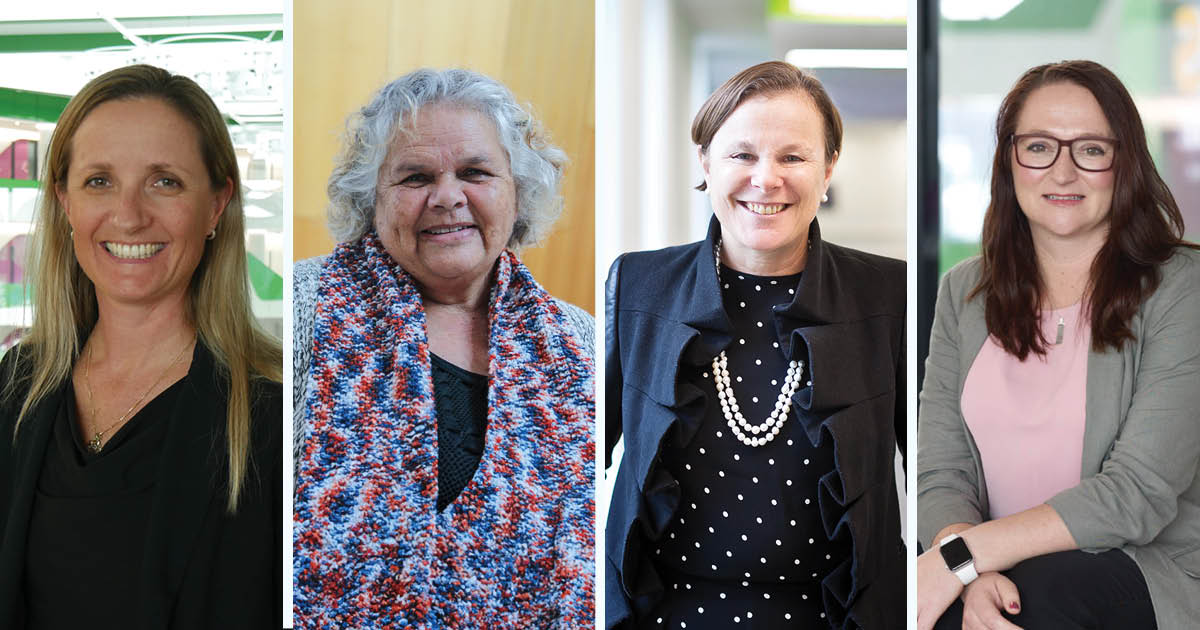
News & Events
Australia Day Honours for researchers and esteemed ElderFour outstanding members of The Kids Research Institute Australia family – three researchers and an Aboriginal Elder co-researcher – have been named in the Australia Day Honours List for their outstanding service to research and the community.
News & Events
Trans Tasman action to fast track rheumatic fever vaccinePrime Ministers of Australia and New Zealand have agreed to provide $3M to help fast-track the development of a vaccine against rheumatic fever.
News & Events
Pneumonia rates improve in Aboriginal childrenNew research from The Kids for Child Health Research shows that the pneumococcal vaccine program has contributed to closing of the gap
